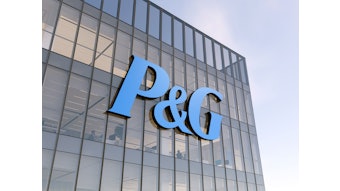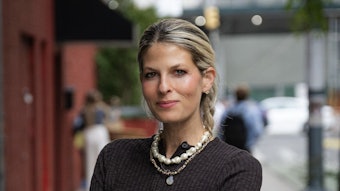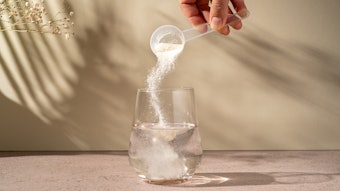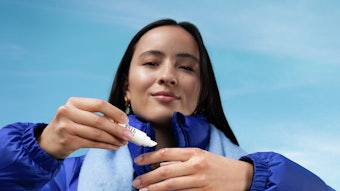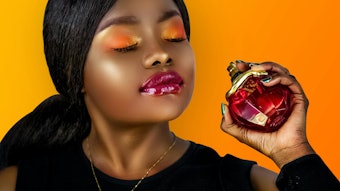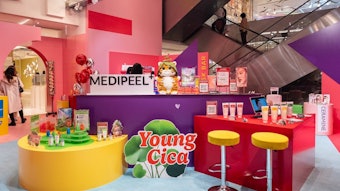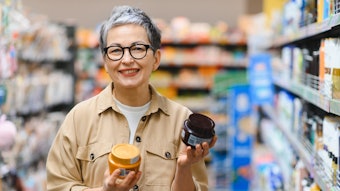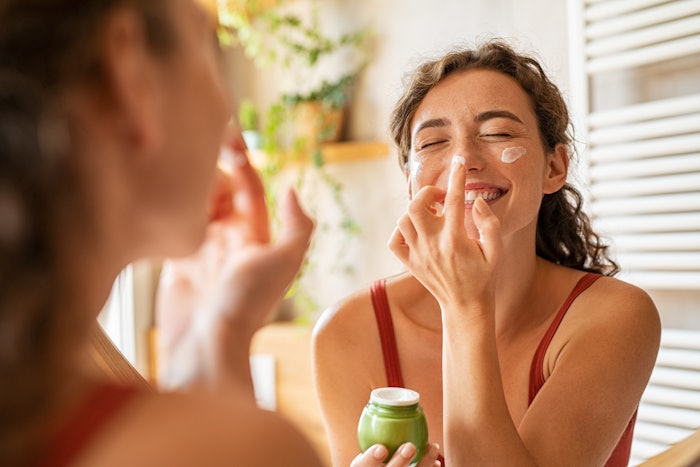
Amid the closure of clean beauty pioneers like Juice Beauty, there are serious questions being raised about the state and future of clean beauty. One clue to its fate is revealed in a new analysis from Circana's Jennifer Famiano: clinical skin care is increasingly eclipsing clean brands. Why is that?
The Drivers of Clean Beauty's Decline
According to Circana data, Q1 2025 clean skin care sales fell because shoppers were "swapping skin care brands with a clean ingredient focus for those rooted in clinical expertise."
This is not a new trendline. According to Famiano, skin care is the leading category for clean beauty sales in prestige channels; these have been dropping since 2022.
As Global Cosmetic Industry has reported in recent years, the rise of clinical, dermatologically focused skin care has answered shopper demands for high-performance and proven efficacy.
While clinical brands focus on concrete claims, benefits and evidence, clean beauty has always struggled from a lack of universal definitions, per the Circana analysis.
In addition, many of these efficacy-focused brands are backed by experts such as medical professionals, chemists and dermatologists, further reinforcing the promises behind brands and specific SKUs.
Clean Beauty Can Thrive ... if It Evolves
Despite the challenges facing clean beauty overall, there remain opportunities for such brands to grow.
Most notably, Famiano points out, clean fragrance is "growing dollar sales by double-digits, led by improvements in alcohol-free formulations," as seen with Guerlain’s L’Eau Rose, YSL Beauty's Libre L'eau Nue Parfum de Peau and J’adore Parfum d’Eau de Dior.
This growth has tracked the growth of fragrance category and taps into a longstanding consumer dislike of alcoholic formulas.
(This has been a boon for brands from the Middle East, which tend to eschew alcoholic bases.)
There are also opportunities in skin care, the core of the clean beauty sector. As Famiano points out, shoppers remain aligned with clean beauty principles around transparency and safety.
But they want proof of efficacy.
This points to opportunities for so-called cleanical skin care brands such as SkinFix, Augustinus Bader, Eighth Day and others.
Clean brands must align with shoppers' expectations and priorities to thrive among consumers focused on clinical claims. As Famiano notes, "Consumers want to know what ingredients they are putting on their skin and ensure the products they use are beneficial to them. Today’s consumer is not only self-educated but discerning, reading reviews and listening to experts on social media."
This generation of clean, clinical brands also have the luxury of tapping into biotech ingredients that are both safe and highly effective, not to mention sustainable.
Clean Beauty's Path Forward
It's true that clean beauty is facing significant challenges as clinical, efficacy-driven brands continue to gain consumer trust and market share. Shoppers are prioritizing proven results and expert-backed claims, leaving clean beauty to rethink its approach.
However, opportunities still exist, particularly in growing sectors like clean fragrance and the emerging "cleanical" skin care category, where transparency, safety, and performance intersect.
To thrive, clean brands must evolve by aligning with consumer expectations for efficacy and leveraging advancements like biotech ingredients to deliver both trusted and innovative solutions.
The future of clean beauty lies in combining its core principles with the clinical precision demanded by today’s discerning shoppers.
